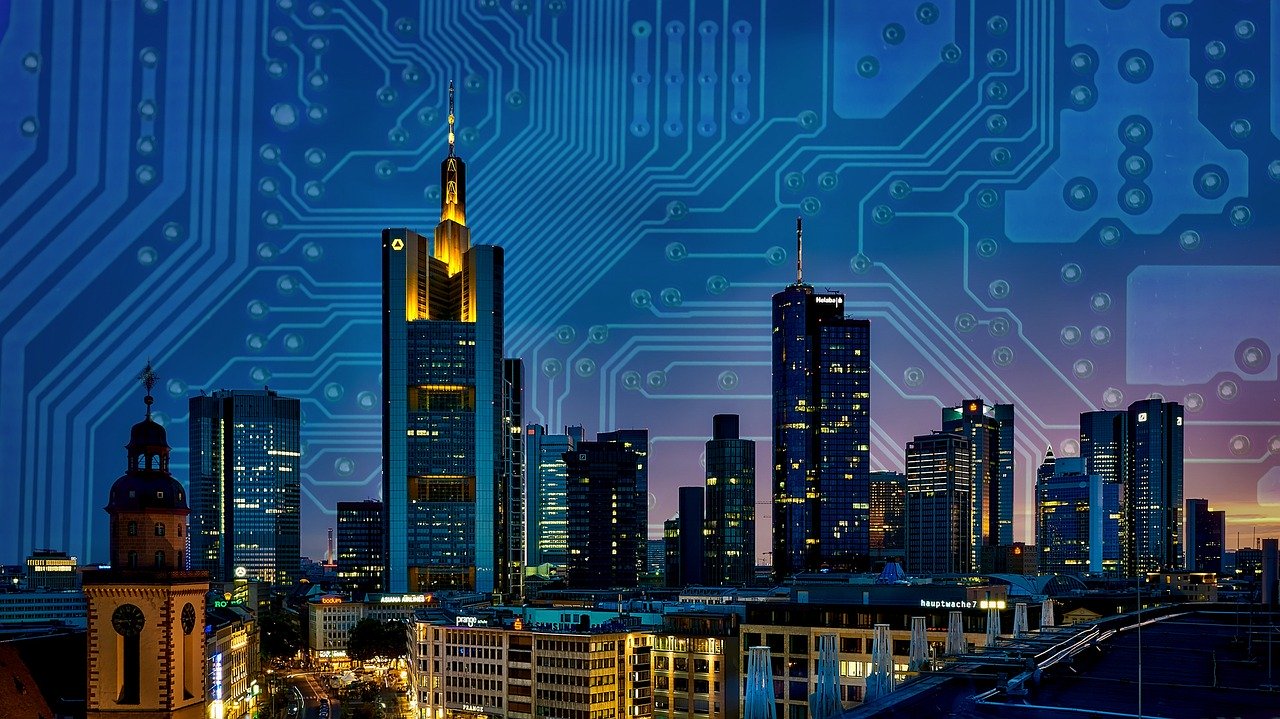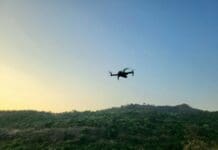This post is also available in:
 עברית (Hebrew)
עברית (Hebrew)
AI urbanism is a new field of research looking at the impact of AI on cities. It is different from a “smart city,” which gathers information from technology and uses it to manage operations and run services more smoothly. AI urbanism represents a new way of shaping and governing cities by combining AI, spatial computing, and urban science to address complex challenges faced by cities.
Experts at Techxplore claim we should also be asking whether we should involve AI so closely in the running of cities in the first place since AI development is inherently connected to gathering information. With AI urbanism, everything the city dwellers do would teach the algorithm, from the routes we take to the places we go to shop, and when multiplied by the billions of people that live in cities, we can imagine how much data AI can harvest from urban settings.
In smart cities, technologies like IoT use connected sensors to observe and quantify. AI urbanism doesn’t just quantify, but rather “tells a story” and explains why and how certain events take place. This could have dangerous consequences.
An example of this could be the AI system Palantir which is already employed in several US cities. It is used to predict where crimes will take place and who will be involved and relay this information to the police. AI receiving the capacity to determine who is “good” or “bad” in a city is one of the most controversial powers under AI urbanism, also called predictive policing.
There’s also the severe environmental cost of AI technology, which requires huge amounts of energy. While AI promises a lot in terms of sustainability, when we look at its actual costs and applications in cities, the cons could outweigh the pros.
As opposed to our sci-fi predictions of AI seizing control over our lives, we are the ones delegating more and more decision-making to algorithms. In some parts of the world we can already see new cities that are supposed to be completely operated by AI- cities where self-driving vehicles transport the people, robots cook for them and algorithms predict their behavior to anticipate their needs.
In such a situation AI autonomously performs social and managerial functions with humans out of the loop- the more autonomy AI has, the less we do. A city run not by humans but by AI would challenge the autonomy of human stakeholders and many people’s well-being, especially when AI is the one to decide whether someone qualifies for a mortgage or life insurance.
This information was provided by Techxplore.


























